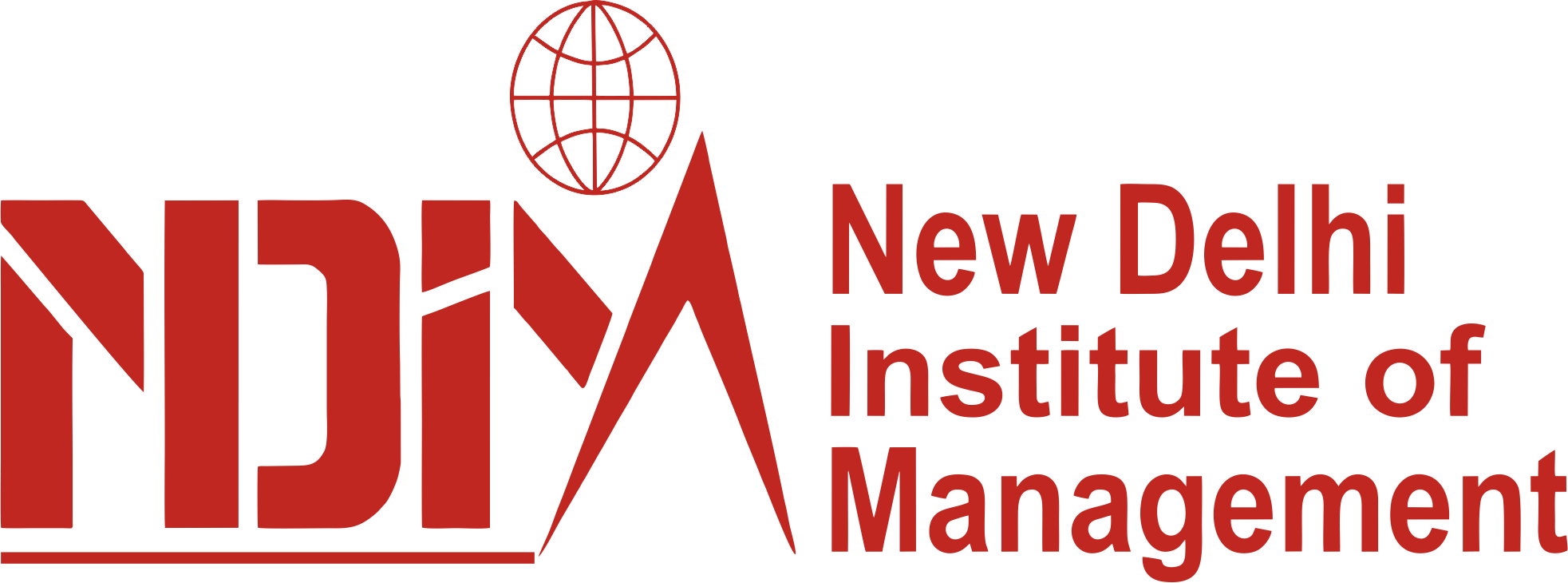Career in Investment Banking after PGDM
When it comes to finance, very few professions offer the same level of appeal and opportunity to succeed as the world that is investment banking. Because of its fast-paced commercial environment, the high-stakes transactions, and an abundance of financial benefits, the path that is in investment banking offers a lucrative possibility for a variety of professionals who are looking to make a mark. The advanced degree options include the MBA and PGDM (Post Graduate Diploma in Management) as well as PGDM The path to the highly sought-after industry isn’t just attainable and transformative. This article will explore the intricacies involved in finding a job that pays well within the realm of investment banking. This includes examining possibilities of career options once you’ve earned your MBA or PGDM and uncovering the secret for success within this thriving industry.
Understanding the Investment Banking Career
Investment banking acts as the link between investors and businesses. It assists in significant financial transactions, such as mergers and acquisitions, the first public offerings (IPOs), and taking loans. The career path of those who work in investment banking typically starts with an analyst position. They then move to associate, vice-president director as well as vice president, and eventually, higher-level positions including director, partner, or manager. Every step demands a particular skill set, ranging from modeling and financial analysis, and the administration of customer relationships as well as the arrangement of deals.
The Role of an MBA or PGDM in Investment Banking
An undergraduate degree in finance, economics, or related fields could provide the necessary foundations for a prosperous job, and obtaining an MBA or PGDM will significantly enhance your chances of working in the area of investing banking. Higher degrees offer specialization in investment analysis, finance as well as corporate strategy. They provide those with the necessary knowledge and expertise required for success in the highly competitive field including investment banking.
Advantages of Pursuing an MBA or PGDM for Investment Banking
- Specifically tailored education: MBA and PGDM courses offer advanced instruction in finance. These programs offer courses that have been specifically developed for investment banking, finance along valuation strategies.
- Opportunities to Network Businesses typically have huge alumni networks and agreements with major banks. They are a great way to connect with future investors and bankers.
- Develop Soft Skills: In addition to the technical capabilities, MBA and PGDM programs emphasize the development of soft skills like communication, leadership, and collaboration, all of which are crucial for success in the field of investment banking.
- Placement and training assistance Training and placement assistance: A lot of MBA and PGDM programs offer work experience as well as support to help students get the desired jobs in investment banking.
Potential Career After MBA or PGDM
- Analysts: Most students start their bank investment, in the position of analysts. In this course, they receive instruction in valuation, financial modeling along market research.
- Associate Jobs: After gaining experience and evidence of their achievements, analysts could advance to associate positions where they take on larger responsibilities in dealing with implementation, customer interactions, and team management.
- Vice Director and President roles As they progress in their positions professionals can be promoted to director and vice-president positions. They’re responsible for managing major business transactions, ensuring relations with clients, and guiding the new team members.
- Partner and Managing Directors The highest point of a career in investment banking is to attain the highly sought-after position as a managing director or perhaps a partner. As such, employees play a crucial function in setting strategies, and also helping to drive business growth, and determining the direction for the future of the firm.
Navigating the Competitive Landscape
The competition for jobs in bank positions in the investment sector is intense and demands candidates to differentiate themselves from other applicants making use of a combination of credentials in their education, experience as well and other characteristics. Although possessing an MBA or PGDM could open the door for you, the ultimate you will be judged on your aptitude to demonstrate an interest in financial services a steadfast determination to be successful in the field, and also the capability to succeed even under the pressure.
Apply Now for PGDM/MBA
Tips for Success After MBA or PGDM
- Continuous learning: Be up to date with the latest developments in finance, the latest developments in the industry along with the latest techniques through ongoing training and professional development.
- Gain relevant experience: Search for job openings, positions that are part-time or volunteer opportunities in finance-related fields for a better understanding and to demonstrate your passion for a banking career that is investment-oriented.
- Networking: Develop and maintain professional relationships through networking events, conferences and other gatherings in the field along with websites like LinkedIn.
- Develop Soft Skills: Master efficient communication skills along with leadership and skills for teamwork, as they are crucial for collaboration in and banking investment.
- Perseverance: Be resilient when confronting setbacks and obstacles. Stay focused in reaching your objectives in professional life.
Conclusion
A career in investment banking offers unparalleled opportunities for growth and advancement along with financial stability. If you have an MBA or PGDM, the road to an occupation in this fascinating field could be made possible by education which is specific to meet the unique demands of the individual in addition to network opportunities as well as experiences acquired by doing hands-on work. By understanding the intricacy of the banker’s job, leveraging the advantages of higher education, and getting through the competitive marketplace using strategic thinking the future banker will have the opportunity to enjoy fulfilling and rewarding working in the well-known industry.
The right college for you is essential in deciding on the right school for an MBA. It will affect the direction of your professional career. NDIM is a shining example in this regard. NDIM is situated in an ideal location located in Delhi and is considered to be one of the most highly regarded Indian Mentor B Schools. The renowned finance curriculum at NDIM is recognized for its ability to meet the needs of industry with its carefully planned program.
The program at NDIM is always modified to keep up to the ever-changing industry which has made it the preferred choice of professionals who are aspiring. The NDIM’s technology-based classroom is well-respected and has an advanced learning environment. The impressive statistics for placement at NDIM enhance its standing. The school is committed to creating the success of its graduates. NDIM is regarded as one of the top management college in Delhi and is a fantastic choice, particularly for those looking to pursue career opportunities in investing banking. For further details you may visit our website: https://www.ndimdelhi.org/.
Investment banking is a specialized division of banking that deals with the underwriting, structuring, and placement of securities, such as stocks, bonds, and other financial instruments. Investment banks also provide advisory services to corporations, governments, and other institutions on a variety of financial matters, such as mergers and acquisitions, capital raising, and risk management.
Investment banking offers a wide range of career opportunities, including 1.Investment bankers 2.Research analysts 3.Sales and trading professional 4.Corporate finance professionals.
A career in investment banking offers a number of benefits, including:
1.High compensation: Investment bankers are typically compensated well for their work.
2.Challenging work: Investment banking is a challenging and rewarding field that offers the opportunity to work on complex and sophisticated transactions.
3.Opportunities for advancement: Investment banking provides opportunities for advancement to senior positions, such as managing director and partner.
4.Global opportunities: Investment banking is a global industry, and investment bankers often have the opportunity to work in different countries and cultures.
The typical qualifications for a career in investment banking include:rn1.A bachelor’s degree in finance, economics, or a related fieldrn2.Strong quantitative skillsrn3.Excellent communication and interpersonal skillsrn4.A willingness to work long hours
There are a number of things you can do to prepare for a career in investment banking, including: 1.Get a good education: A strong academic background is essential for a career in investment banking. 2.Gain relevant experience: Gaining relevant experience through internships and other work opportunities is a great way to prepare for a career in investment banking. 3.Network with investment bankers: Networking with investment bankers is a great way to learn about the industry and find job opportunities.


